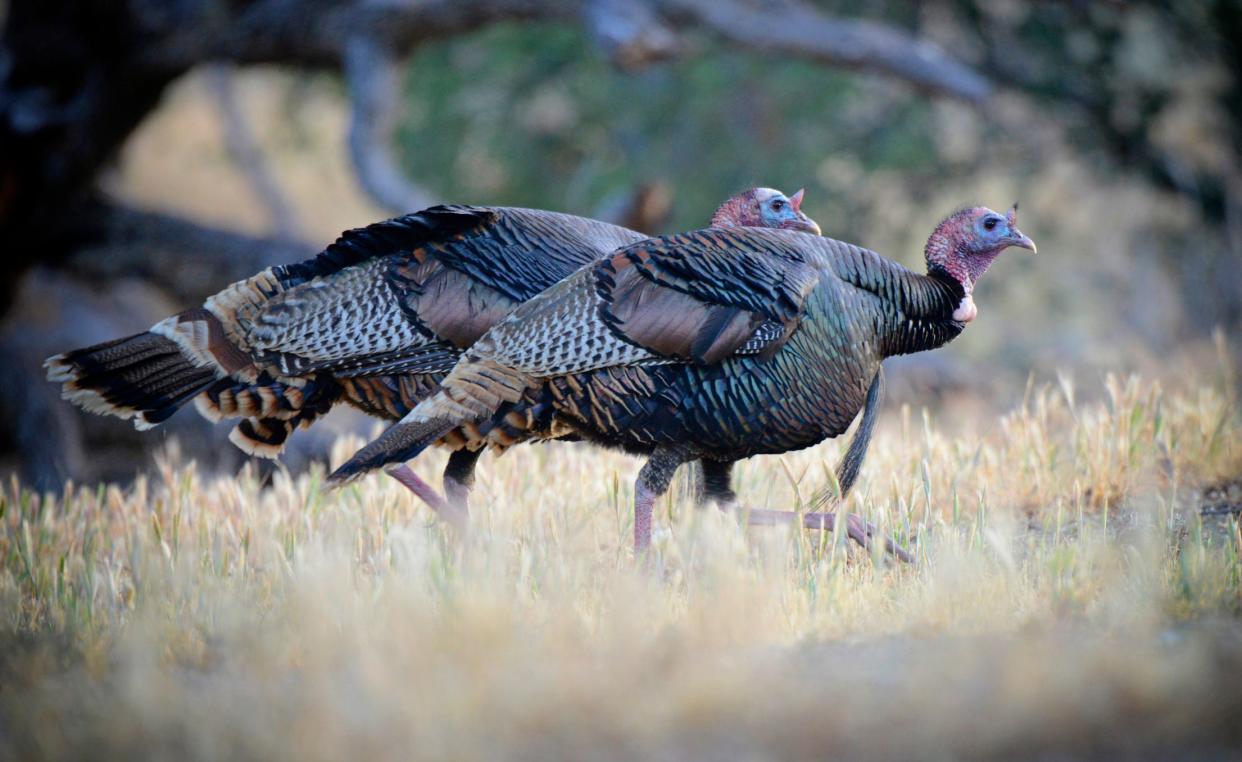Bird flu cases in NC cattle: Should I be worried about HPAI spread?
The North Carolina Wildlife Resource Commission released further information on the spread of Highly Pathological Avian Influenza in N.C. Here's what it said, including risk level, how to stay safe and more.
On April 9, HPAI was detected for the first time in dairy cattle in N.C. The case followed detections in dairy cattle herds in Texas, New Mexico, Kansas, Michigan, Idaho, Ohio and South Dakota in the weeks after the first detection on March 25.
HPAI cases in N.C. wildlife peaked during the initial outbreak in 2022, according to the news release. There were 196 confirmed cases in wild birds, followed by 23 cases in 2023 and 24 cases in 2024 as of April 22.
The N.C. cases have mainly affected raptors such as bald eagles and black vultures, brown pelicans and waterbirds including gulls and double-crested cormorants.
So far, N.C. has a single confirmed case of a wild mammal infection, a black bear in Hyde County. Nearby in Virginia, an increase in HPAI cases have been seen in waterfowl species spanning multiple counties in the eastern part of the state.
More: Asheville-area doctor, STD video star tapped by US officials to fight syphilis epidemic
Why have cases of bird flu risen?
HPAI is often asymptomatic in infected waterfowl, meaning that sick animals can frequently come into contact with healthy ones while contagious, the release said. As migratory birds pass through N.C. in the spring and fall, often gathering in coastal wetlands, extra spread of HPAI can occur in these seasons.
Should I be worried about bird flu?
While case numbers in N.C. have risen, the CDC has indicated that there's no reason to panic, as the current risk to the public remains low. A majority of confirmed cases in humans have been in individuals who came into close contact with sick or dead infected poultry without using protective equipment like gloves. So far, there's no evidence that this strain of HPAI can be spread from one person to another.
More: Western NC therapy camp Trails Carolina loses accreditation after death of boy from NY
Can humans get sick from bird flu?
While the CDC said that this strain of HPAI has not been proven to spread between humans, there have been some cases of human interaction with the infection.
H5N1, also known as HPAI, and H5N6 strains of bird flu have been responsible for most human and avian flu viruses reported worldwide, including the most serious and high mortality illnesses.
Will wild turkeys or turkey hunting season be affected?

Though there have been detections of HPAI in other states, the NCWRC said in the release there have been no wild turkeys in N.C. confirmed to have the bird flu. The 2024 N.C. wild turkey hunting season ends May 11.
Suggestions for hunters include to avoid harvesting or handling game birds that are visibly sick, wear rubber gloves when handling and dressing game birds, dress game birds and bury inedible parts where they were harvested, wash hands and tools thoroughly with soap and water or disinfectant wipes and cook game meat thoroughly.
More: Teacher Appreciation Week is here; Gifts, deals and more for your favorite educators
Which states have bird flu?
HPAI has been detected in all 50 states, though the numbers are widely varied from state to state.
Iris Seaton is the trending news reporter for the Asheville Citizen Times, part of the USA TODAY Network. Reach her at iseaton@citizentimes.com.
This article originally appeared on Asheville Citizen Times: Bird flu in NC cattle: HPAI detected
